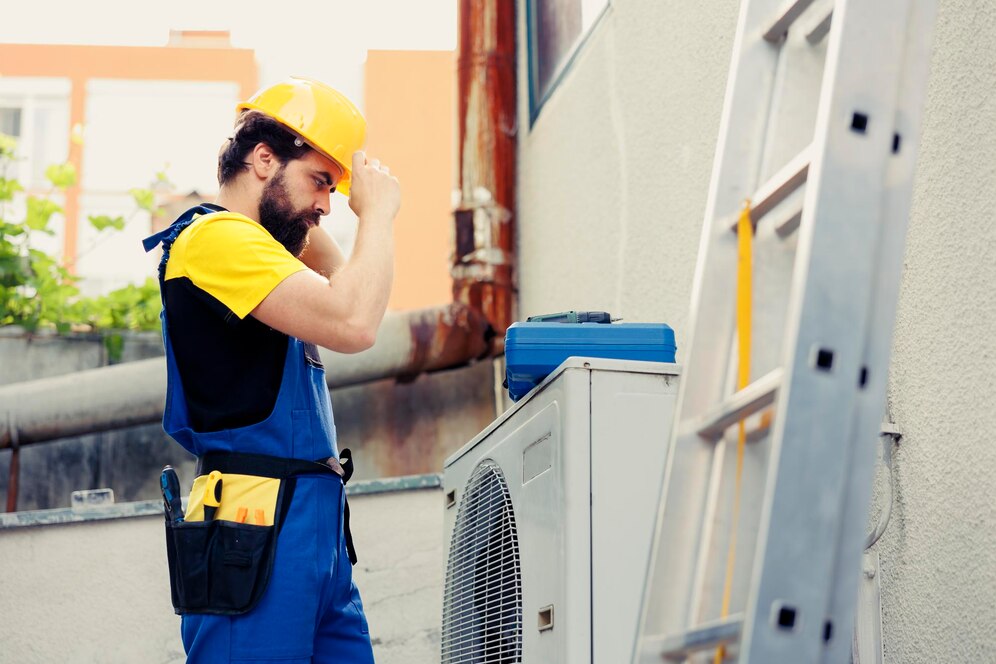Perhaps you own a restaurant or a warehouse. Or maybe you own a cabin high in the Rockies. Even if you simply own a home, you understand the challenge of keeping your pipes from freezing and bursting in intense Denver winters. You have to battle feet of snow and temperatures that frequently fall below freezing. So you spend hundreds or even thousands of dollars to keep the furnace on high.
Fortunately, you don’t have to spend a fortune on heating if you use the guide below to protect your pipes. Even if you own a remote cabin or a warehouse with exposed piping, this information will help you prevent frozen and burst plumbing. Keep in mind that you should hire a professional plumber do these steps for you if you don’t have experience as a plumber.
1. Drain Water From All Lines You Don't Plan to Use
If you have an irrigation system on your property, you must drain it before winter sets in. Otherwise, any water that you leave inside will freeze and then expand. And as the ice expands, it will press against the pipe around it and cause ruptures. So, when you use your irrigation system again in the spring, you’ll have a significant leak on your hands. A similar principle applies to any cabin, warehouse, storage unit, or other structure that you won’t touch during the winter. Don’t leave water in the pipes. Have a plumber completely drain the system so you don’t have to worry about leaks or even floods during the spring.
2. Close All Valves That Lead to Outdoor Water Lines
Even if you’ve drained your irrigation and put your hoses in the garage, you could still end up with frozen or burst pipes if you don’t close the valves that lead to these outdoor water lines. Close them completely, and if you can shut off water to those areas, do so. Even a minor drip could have serious consequences. Again, if you don’t feel comfortable handling the valves by yourself, have an expert do this step for you. He or she could drain the lines at the same time.
3. Insulate Your Pipes-Especially Pipes in Basements, Garages, and Attics
The steps above deal with plumbing that you don’t plant to use during the winter. So how do you protect the pipes you will use? Your first step involves insulation. You should replace your old insulation with spray foam that fills every nook and cranny. You should also install pipe sleeves, heat tape, or heat cables around each pipe.
Remember that you have to open the wall to complete this step. If you don’t have experience in this area, hire someone who does instead of attempting this task yourself.
4. Open Cabinet Doors Overnight to Encourage Warm Air Flow
On particularly cold nights when your furnace might struggle to keep up, open all cabinets, cupboards, closets, and rooms. As air flows, it keeps these closed-off areas warmer, so the plumbing in those rooms and spaces stays warmer as well. If the doors remain closed, the stagnant air within the closet or cupboard cools and increases the pipes’ chances of freezing.
5. Let Water Run Through Faucets on Particularly Cold Nights
Additionally, if you’re not sure that open doors and cupboards will help, let the water run through each faucet and showerhead. Moving water has kinetic energy that makes the liquid harder to freeze. And remember that you need only a small trickle, not a large stream, to make this step work.
6. Don't Turn the Thermostat Lower Than 55 Degrees
In a well-insulated space, you can keep your thermostat at 55 degrees Fahrenheit and not worry about frozen plumbing. However, if your home lacks updated insulation, keep the interior temperature closer to 68 degrees, even when you leave on vacation.
If all else fails and your pipes do freeze or burst, do not try to resolve the situation yourself. Have a professional plumber thaw the pipes or take care of the leak for you. And if you have further questions about keeping your home warm and safe during the winter, check out our other blog posts.
















